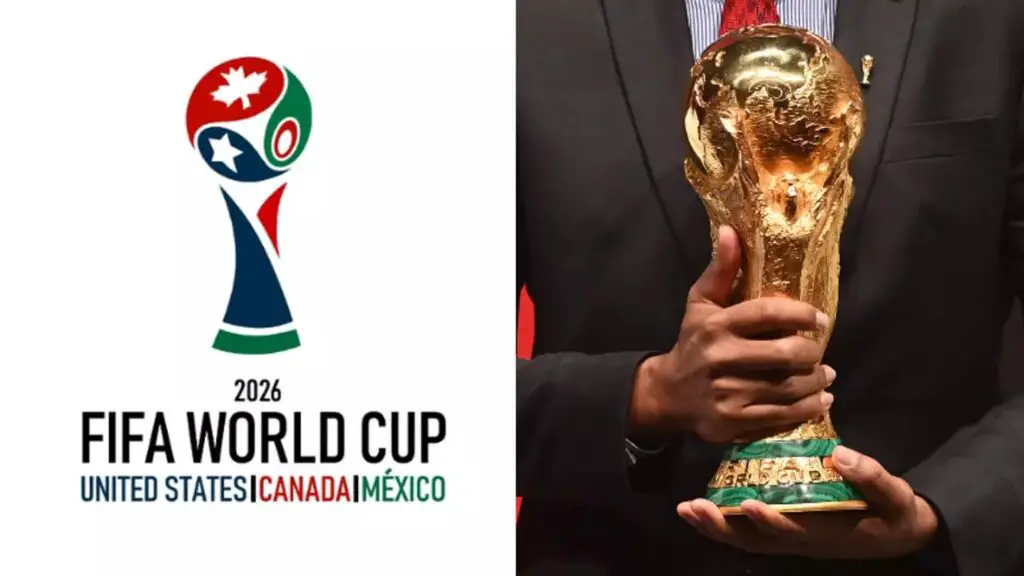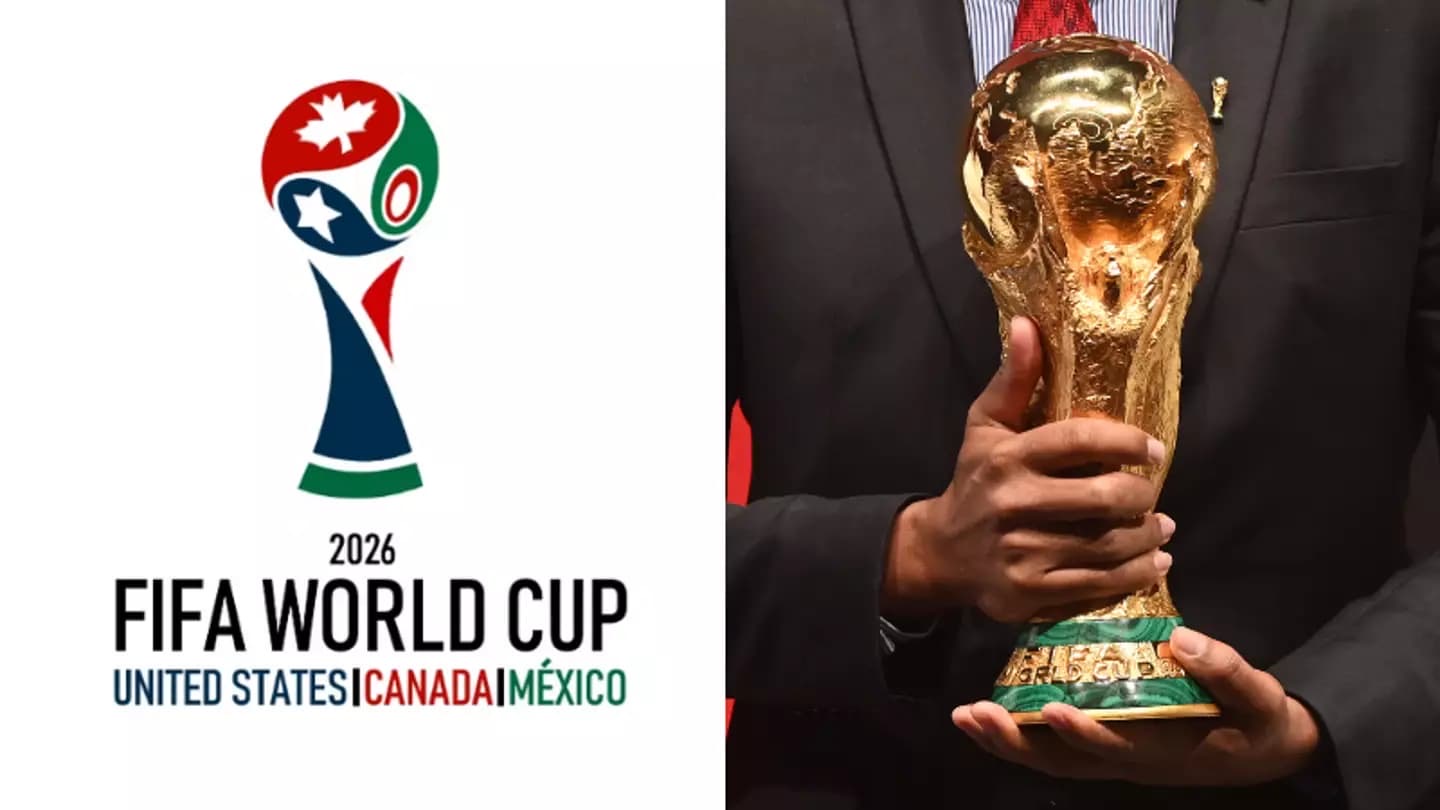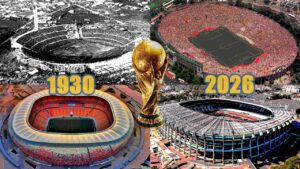FIFA World Cup 2026: New Rules, Game-Changing Regulations, and What It Means for Football


The 2026 FIFA World Cup is set to be a groundbreaking event, introducing significant changes that promise to redefine the landscape of international football. From an expanded tournament format to the integration of advanced technologies, the upcoming World Cup aims to enhance the experience for players, teams, and fans alike.
A New Era: Expansion to 48 Teams
One of the most notable changes for the 2026 World Cup is the expansion from 32 to 48 teams. This increase allows for greater global representation, providing opportunities for nations that previously faced challenges in qualifying. The tournament will feature 12 groups of four teams each, with the top two teams from each group, along with the eight best third-placed teams, advancing to a newly introduced Round of 32 knockout stage. This format ensures that every participating team plays a minimum of three matches, maintaining the competitive integrity of the group stage.
Balancing Act: Tournament Duration and Match Load
With the increase in participating teams, the total number of matches will rise from 64 to 104. To accommodate this expansion, the tournament will extend to 39 days, compared to the 32-day duration of previous editions. Despite the longer schedule, FIFA has emphasized that the total combined number of rest, release, and tournament days will remain consistent with past tournaments, ensuring player welfare is prioritized.
Technological Advancements: Enhancing Fair Play
The 2026 World Cup will continue to leverage technology to improve decision-making and uphold the principles of fair play. Building upon the successful implementation of the Video Assistant Referee (VAR) system in previous tournaments, FIFA plans to enhance its efficiency and accuracy. These advancements aim to minimize errors in crucial match decisions, ensuring fairer outcomes and reducing controversies.
Player Welfare: Emphasis on Fair Play and Discipline
FIFA’s commitment to fair play extends beyond technological interventions. The 2026 World Cup will uphold a strict code of conduct for players, emphasizing respect, sportsmanship, and ethical behavior. Any instances of misconduct, such as violent conduct or abusive language, will be met with appropriate disciplinary actions. This approach aims to maintain the integrity of the tournament and ensure a respectful environment for all participants.
Fan Engagement: A Richer Experience
The expanded format and increased number of matches present an opportunity for greater fan engagement. With more teams participating, fans worldwide will have the chance to see their nations compete on football’s biggest stage. The longer tournament duration also allows for a more immersive experience, with matches spread across various venues in the United States, Canada, and Mexico. This diverse hosting arrangement not only showcases the cultural richness of North America but also makes the tournament more accessible to a broader audience.
Looking Ahead: Anticipation Builds
As the footballing world prepares for the 2026 FIFA World Cup, the anticipation is palpable. The combination of an expanded tournament, technological enhancements, and a steadfast commitment to fair play sets the stage for a World Cup that honors tradition while embracing innovation. Fans, players, and teams alike can look forward to a tournament that not only celebrates the beautiful game but also strives to elevate it to new heights.
In conclusion, the 2026 FIFA World Cup represents a significant evolution in international football. The expanded format, technological advancements, and emphasis on fair play and player welfare are poised to enhance the tournament’s appeal and integrity. As the countdown to 2026 continues, the global football community eagerly awaits what promises to be a landmark event in the sport’s storied history.








